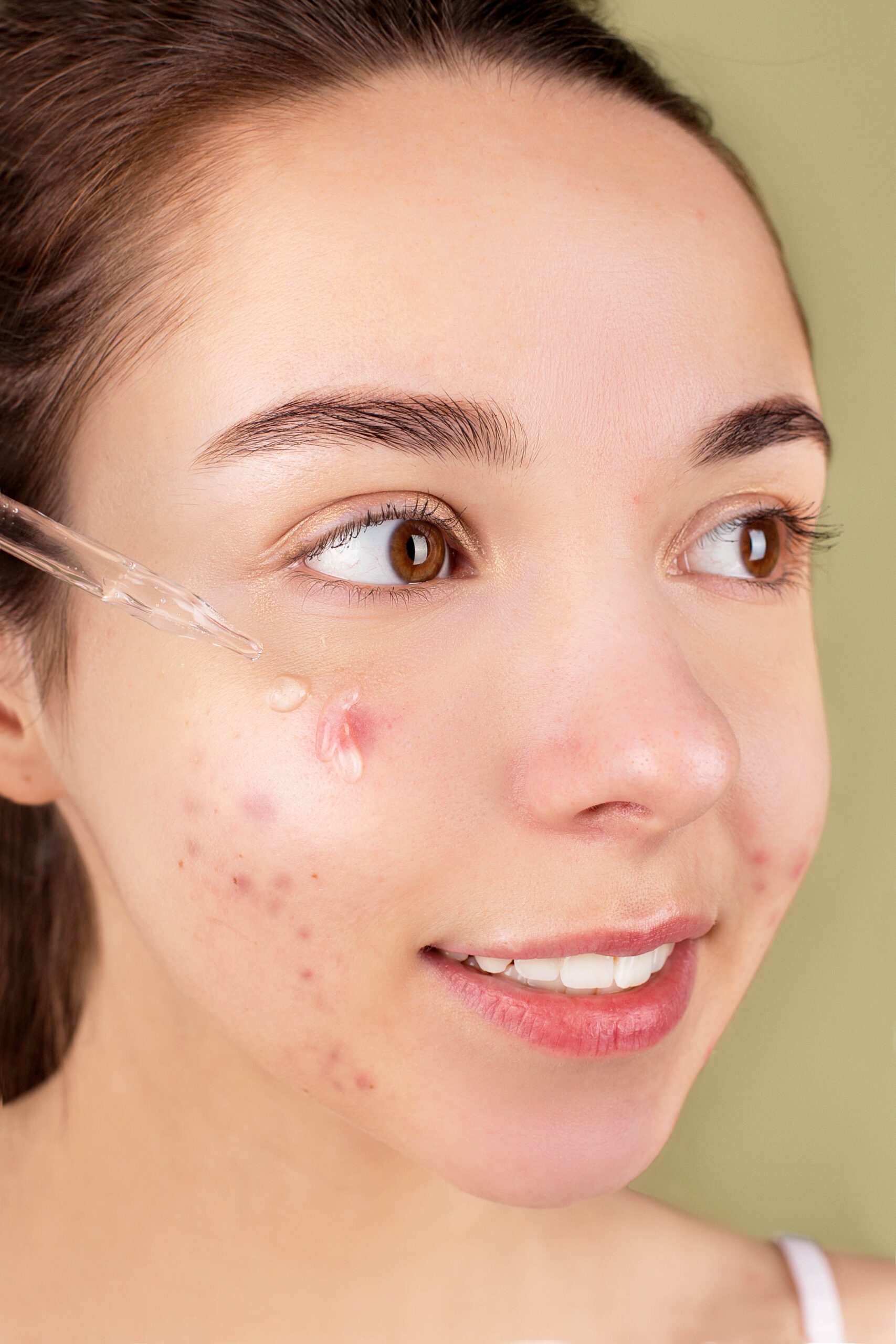Can acne be a sign of a more serious health problem?
Title: Can Acne be a Sign of a More Serious Health Problem?
Introduction:Acne is a common skin condition that affects millions of people worldwide. While it is typically associated with puberty, acne can occur at any age and can be a source of frustration and embarrassment. Many people wonder if acne is simply a cosmetic issue or if it could be an indication of a more serious underlying health problem. In this blog, we will explore whether acne can serve as a red flag for other health concerns.
Understanding Acne:Before jumping into the relationship between acne and broader health issues, it is essential to understand what acne is and why it occurs. Acne is characterized by the formation of pimples, blackheads, and whiteheads on the skin. It commonly appears on the face, chest, back, and shoulders.
Acne is primarily caused by the overproduction of oil (sebum) by the sebaceous glands, leading to clogged pores. These clogged pores then become a breeding ground for bacteria, resulting in inflammation and the formation of acne lesions. Hormonal changes, such as those experienced during puberty or menstrual cycles, can contribute to the development of acne.
Acne as a Mirror of Health:While acne itself may not be a direct indicator of a serious health problem, it can sometimes signal an imbalance or an underlying health condition. The skin is the body’s largest organ, and changes on the surface can often be a reflection of what’s happening internally. Here are a few health conditions that may manifest as acne:
1. Polycystic Ovary Syndrome (PCOS): PCOS is a hormonal disorder that can cause irregular periods, weight gain, and acne. Women with PCOS often experience an increase in androgen hormones, which can lead to excess oil production and acne breakouts.
2. Hormonal Imbalances: Fluctuations in hormone levels, such as those seen during puberty, pregnancy, or menopause, can trigger acne. Thyroid disorders or conditions that affect hormone production may also be linked to acne.
3. Gut Health Issues: Studies have suggested a connection between gut health and skin conditions like acne. Poor gut health, imbalanced gut flora, or conditions like leaky gut syndrome may contribute to skin inflammation and acne problems.
4. Nutritional Deficiencies: Nutritional imbalances, particularly deficiencies in vitamins A, E, and D, zinc, and omega-3 fatty acids, can impact skin health and potentially contribute to acne breakouts.
5. Stress and Anxiety: Stress can disrupt hormone levels and exacerbate acne. Additionally, the use of certain medications to manage stress or anxiety, such as corticosteroids, can also trigger acne.
When to Seek Medical Advice:While the majority of acne cases are not indicative of a serious health problem, it is essential to consult a healthcare professional if you experience any of the following:
1. Severe acne that does not respond to over-the-counter treatments.2. Sudden onset of acne in adulthood.3. Acne accompanied by other symptoms like excessive hair growth, irregular periods, or unexplained weight gain.4. Acne that leaves deep scars or causes emotional distress.
Conclusion:Although acne is often a normal part of life, it can occasionally be a sign of an underlying health issue, particularly when accompanied by other symptoms. Monitoring your skin’s health, maintaining a balanced diet, managing stress levels, and seeking medical advice when necessary are all crucial steps in both skin and overall health management. Remember, clear and healthy skin is achievable with proper care and attention.



